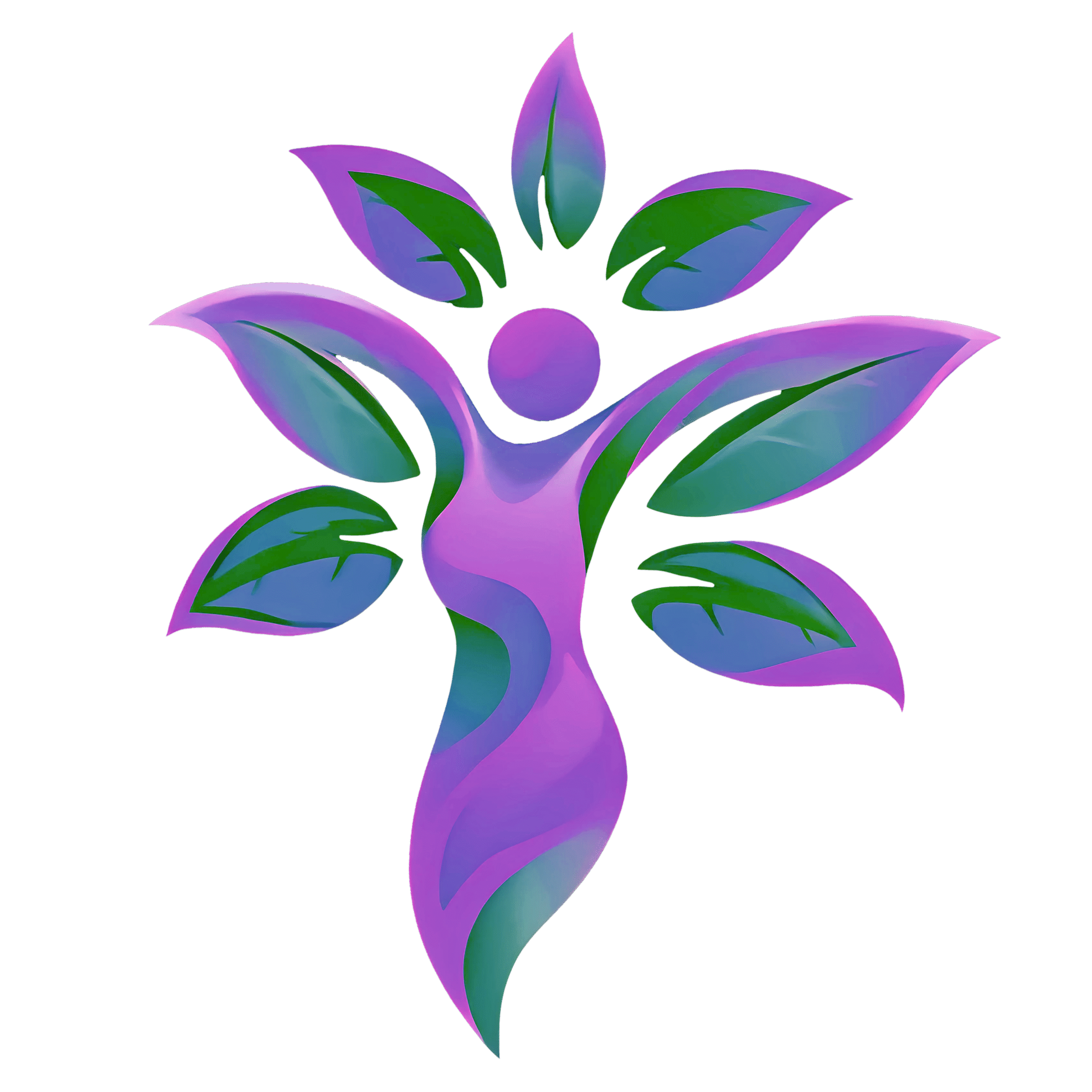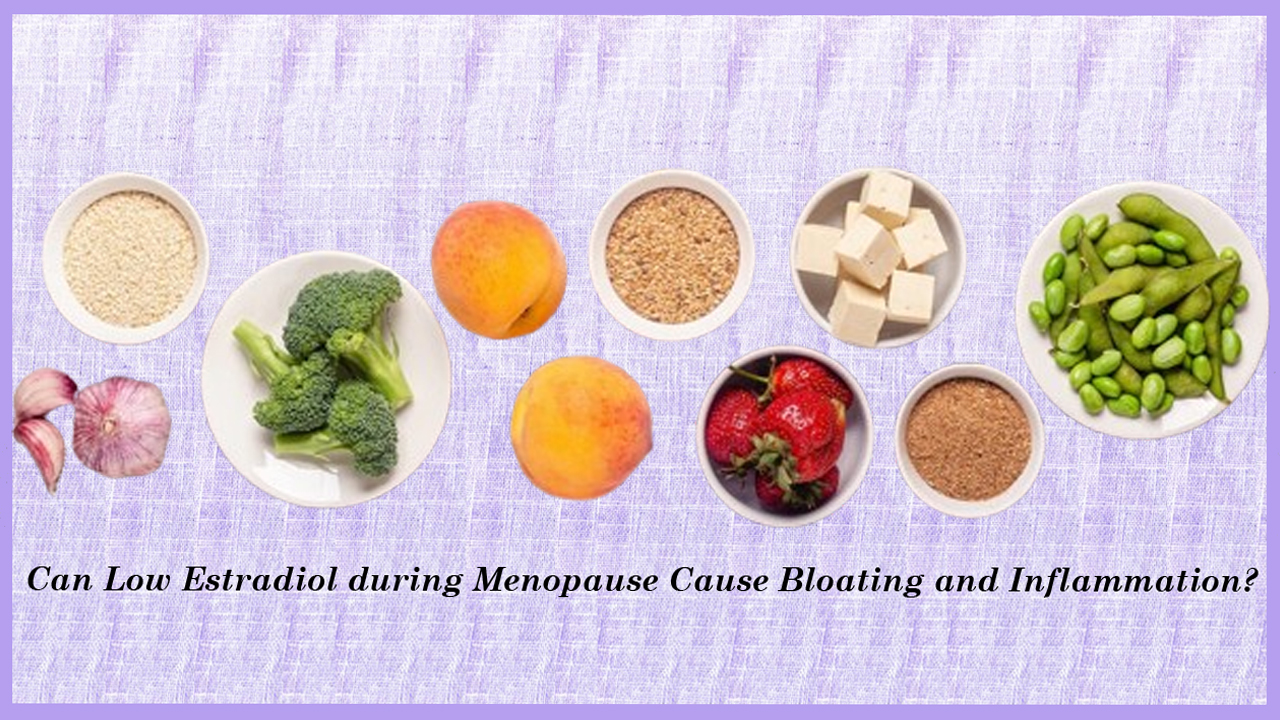Women see a sharp decline in Estrogen levels with onset of Perimenopause and are virtually left with none in post menopausal years. This hormone is produced cyclically each month throughout the fertile years but estrogen levels naturally decline as menopause approaches.
Hence it would be a good idea to add Estradiol boosting foods and herbs to diet as women hit 40s. This also helps boosts bone health, relieves hot flashes, insomnia, and emotional ups and downs in addition to reduce bloating water retention and inflammation.
Women of any age can have low estrogen levels symptoms may include:
- Weak or brittle bones
- Poor concentration and brain fog
- Menstrual migraines
- Reduced sex drive
- Dryness of the vagina
- Fatigue and insomnia
- Thinning and Greying hair
- Tender breasts
If you are seeing the above symptoms even in your 30s, it would be a good idea to run some diagnostic tests for estrogen and progesterone levels.
Low Estrogen: What you can do?
- Herbal supplements
1. Ashwagandha
Ashwagandha has been seen to increase form of estrogen called estradiol in the blood serum of postmenopausal women. It is also said to relieve symptoms like anxiety.
2. Vitex Agnus-Castus (Chasteberry)
This popular herb also helps reduce menopausal symptoms.
3. Fenugreek (Methi)
In menopausal women, Fenugreek has shown to help increase estrogen and reduced hot flashes.
4. Licorice (Mulethi)
Licorice has a very positive effect on the severity, frequency and duration of hot flashes

- Your Diet Can Also Support Estrogen Levels
Fresh, unprocessed foods, particularly antioxidant-rich berries, nuts, colorful veggies, and greens, dampen inflammation.
Some specific foods for hormone-balancing diet are:
Omega-3-rich Oily Fish – Omega-3 fats support hormone production and reduce inflammation.
Salmon, sardines, and mackerel are rich in omega-3s. Walnuts and chia seeds are plant-based alternative sources of omega-3s for those on plant-based diets
Phytoestrogen-rich Foods
Phytoestrogens can mildly boost estrogen when levels are low. Foods high in phytoestrogens include: Soybeans and soy products like tofu, tempeh, soymilk, and edamame. Flaxseed and sesame seeds are rich in lignans, another phytoestrogen type. Adding these seeds to smoothies or salads is a simple way to incorporate them into your diet.
Prunes: Prunes (dried plums) were found to benefit bone health in postmenopausal women who have low estrogen levels:

- Lifestyle Therapies:
Certain lifestyle habits can positively impact estrogen balance
Exercise
Exercise can increase muscle and have a beneficial effect on menopausal females with osteoporosis
30 minutes minimum of moderate-intensity aerobic activity (e.g., brisk walking or rapid cycling) PLUS 2 sessions weekly of muscle-strengthening activities such as lifting weights, pushups, and squats is recommended.
Mindfulness and Other Stress-Busting Therapies too help keep hormones in balance.
Meditation too has shown to give positive results
Be symptom aware and if something is seemingly off, run some tests and take control of your health.
- #secondspringindia
- #menopausesupport
- #hormonebalance
- #postmenopause
- #holisticnutrition
- #wellness
- #selfcare
- #hotflashes
- #essentialoils
- #perimenopause
- #hormones
- #menopauseawareness
- #menopausematters
- #menopause
- #menopausesymptoms
- #menopauseweightloss
- #aromatherapy
- #hormonehealth
- #naturalcosmetics
- #linen
- #naturalskincare
- #naturalliving
- #womenshealth
- #midlifewomen
- #naturalfabrics
- #somalitrivedi
- estrogenbalance

